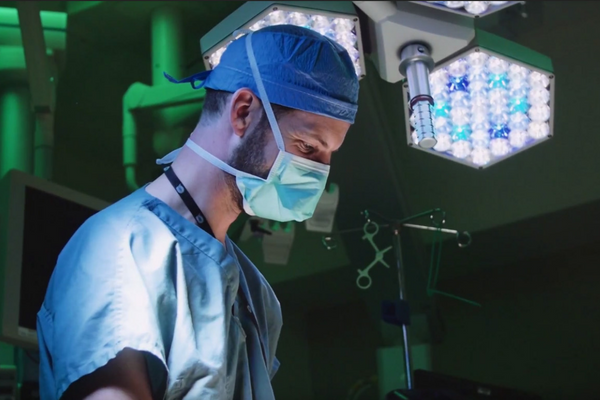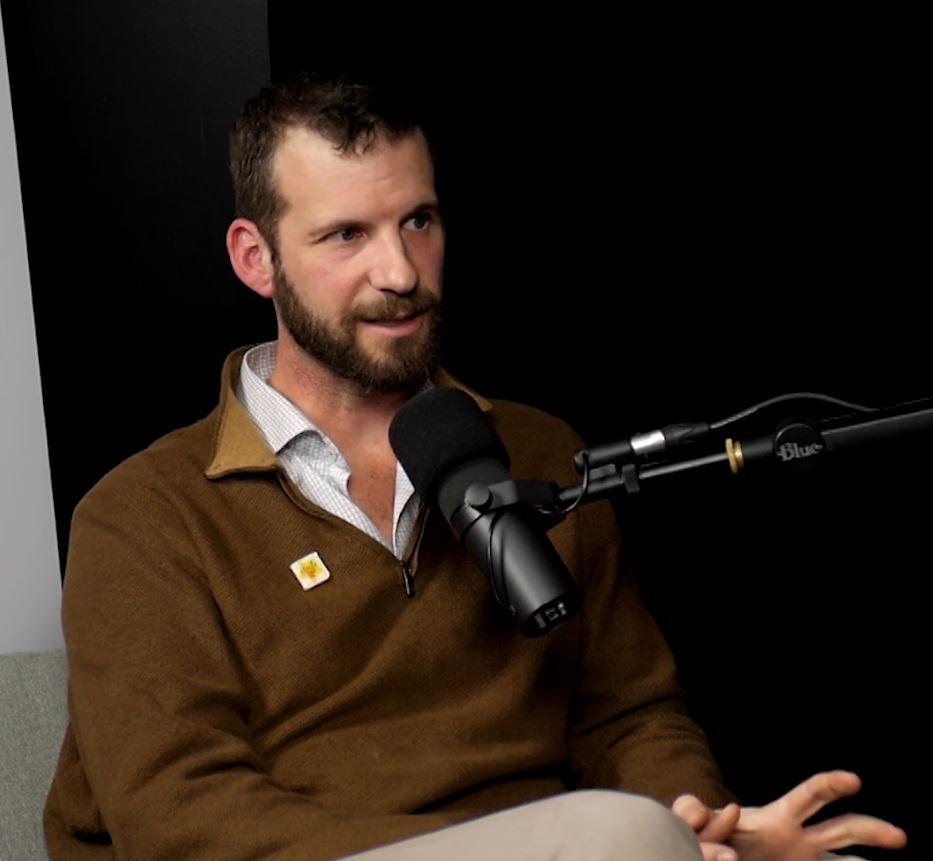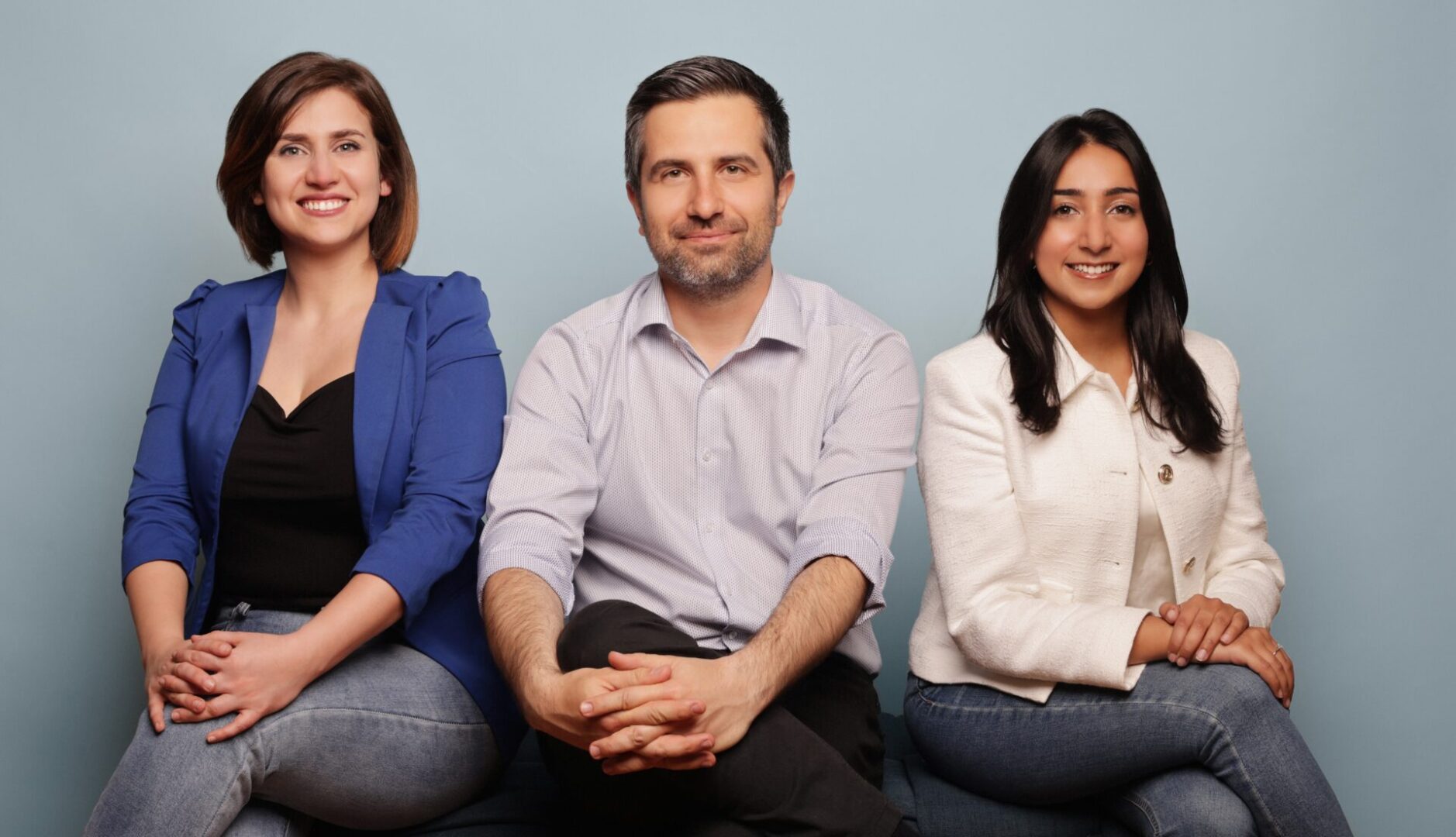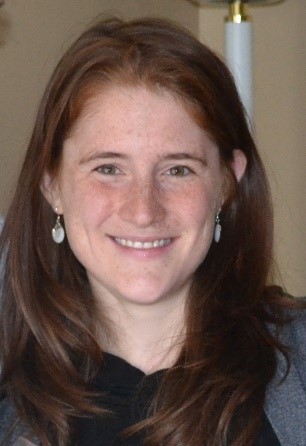Étoile CODE ViE Recognition Program – Portrait of Dr. Jonathan Spicer
 Dr. Jonathan Spicer, Étoile CODE ViE recipient, is a thoracic surgeon & scientist at the MGH-MUHC. His main area of clinical care is the treatment of lung cancer. Dr. Spicer is also the Medical Director of the Thoracic Oncology Network and Co-Director of the MUHC Thoracic Oncology clinical trials unit.
Dr. Jonathan Spicer, Étoile CODE ViE recipient, is a thoracic surgeon & scientist at the MGH-MUHC. His main area of clinical care is the treatment of lung cancer. Dr. Spicer is also the Medical Director of the Thoracic Oncology Network and Co-Director of the MUHC Thoracic Oncology clinical trials unit.
Born and raised right here in Montreal, the opportunity to pilot a multidirectional research program with international reach led him back here to work at the Montreal General Hospital.
Sustaining Hope Through a Cancer Journey
For some people, there is nothing more distressing than receiving a cancer diagnosis. It can turn all aspects of your world upside down. As the person who often delivers this news to patients, no one understands this better than Dr. Spicer. Giving people hope throughout treatment, and leading them to remission, is his greatest motivation. This is best achieved by combining medical expertise and kindness. One could say this is Dr. Spicer’s true specialty.
“It is very gratifying to care for people and help them when they are facing these very difficult circumstances. Fortunately, most of the time, we can offer them an effective course of treatment,” he says.
When the Journalist Becomes the Story
Dr. Spicer recently treated well-known political analyst and commentator Luc Lavoie for lung cancer. Publicly revealing his diagnosis to his audience, Mr. Lavoie has been open about his treatment journey. Doing so has allowed for renewed, and much needed, attention on this specific cancer. As Dr. Spicer explains, “It was a genuine pleasure to treat him. I’m so thankful that he raised awareness about lung cancer. It’s a serious problem that affects so many, yet we don’t talk about it nearly enough. Luc represents thousands of people every year who face this same diagnosis.”
With the MGH Foundation’s support, Dr. Spicer is working on improving access to immunotherapy treatments. “Immunotherapy harnesses the power of our own immune system to fight off our cancer with promising results in clinical trials all over the world and signals a major step in lung cancer care. There is a real synergy between innovative clinical trials and developing personalized medicine pipelines,” explains Dr. Spicer.
The problem, as Dr. Spicer sees it, is that health equity, namely the principle that governs equal access to care for everyone, is hindered by social, economic or geographic disparities. For example, “Not everyone lives close to academic hospitals or can afford to travel regularly to participate in a study or trial.”
This has prompted Dr. Spicer’s ongoing dedication and commitment to expanding access to pioneering treatment to those currently unable to receive it. “We definitely want to increase the breadth of equity and diversity of people to have access to these studies and trials,” he explains, “The only way to accelerate progress is to get everyone involved, everyone impacted by this disease. That means including people in every kind of living condition and reality. There is so much to be gained by making treatment more accessible.”
The Benefits of Scientific Research and International Collaboration

Significant research efforts by the MGH-MUHC thoracic surgery team have led to improvements at every level of patient care.
In fact, over the past three years, the team’s achievements have led to far-reaching treatment modifications that have been integrated around the world. They are often called upon to instruct a variety of medical experts.
“We export much of our knowledge and it is very exciting to witness the enthusiasm of the international medical community. Because of our successes, they want to understand how we do what we do. It’s very encouraging. We are often so isolated in our offices and wrapped up in our work that we don’t always recognize that what we do is really cutting-edge.”
The impact of sharing the clinical findings is immense. It helps to save countless lives. As he points out, “A busy surgical career can see you treat anywhere from 5,000 to 10,000 people. However, when research results like ours are exchanged, you can end up helping hundreds of thousands.”
When it comes down to it, that’s what matters most for Dr. Spicer.

Across the country, lung, esophageal and stomach cancers are the fastest growing and the most lethal, with a five-year survival rate of less than 20%. However, in the last few years, there have been remarkable advances in the treatment of thoracic cancers, and the surgeons at the Montreal General Hospital have contributed directly to these …







